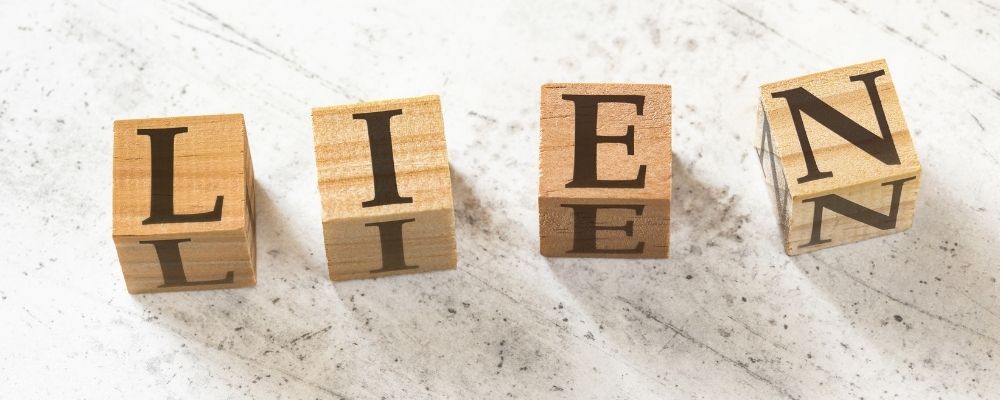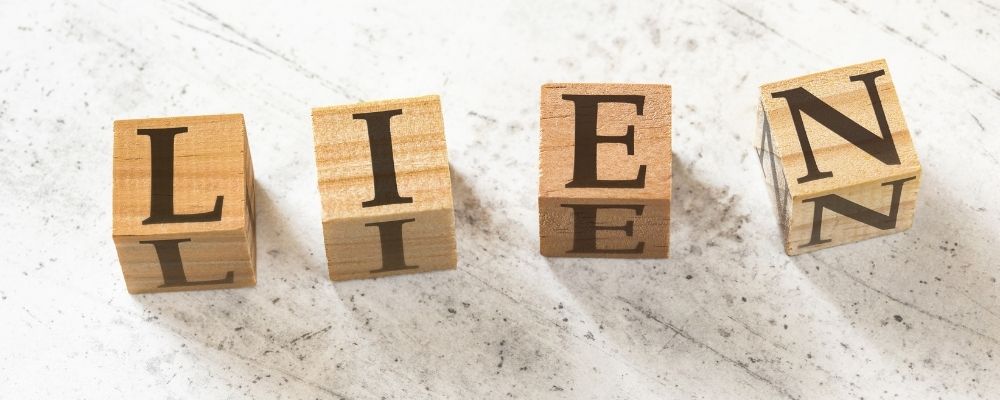If you’re tired of the stock market’s ups and downs and the low interest rates banks are paying, you may be looking for alternative investments. Real estate can be a great way to diversify your portfolio, but there are multiple ways to do it.
You could buy a home that’s ready to be lived in and rent it out or buy a rundown property and flip it. You could also invest in tax lien properties and turn a nice profit.
If buying tax lien properties sounds like something you’d enjoy, read on to see how it works.
Key Points
What is a Tax Lien?

All counties assess property taxes on homeowners. When a homeowner doesn’t pay the taxes, they become delinquent. If they are delinquent long enough, the county will file a tax lien.
A tax lien is a claim on the property. The homeowner can’t sell the home or even refinance the mortgage without paying off the lien. If a county sells off the tax liens, investors buy them and try to collect the money from the homeowners.
Investors buy the lien certificate for the amount it’s worth (past due taxes plus penalties), but they usually also charge an interest rate. Each state has different laws regarding how much they can charge.
If the homeowner doesn’t redeem the taxes and pays all interest and penalties before the redemption period expires, the investor can foreclose on the property and keep it as an investment property.
How to Find Tax Lien Properties

To find tax lien properties, you must contact your county’s tax collector. You can call them, visit them in person, or check out their website. Many counties have their process outlined on the website, making it easy to get the information you need.
Each county auctions off tax liens at different intervals. Find out the time and date of the auction and how you register for it ahead of time.
When the properties are listed, it will show the amount of delinquent taxes, the penalties charged, and information about the property including its location, size, and any other information the county may have.
How to Buy a Tax Lien Property
To buy a tax lien property, you’ll attend an auction. At the live auction, you can bid on the certificate. Typically, there are many investors there trying to get the same property. The county will usually choose the bid with the lowest interest rate, but it varies by location.
When you buy the tax lien certificate, you have the right to collect from the homeowner. If the homeowner doesn’t pay up, then you can foreclose on the property.
Since this is a blind sale, it’s important to do your due diligence before bidding on the tax lien. Find out as much as you can about the property including its condition, potential value, and if it’s vacant or occupied.
Don’t get caught up in buying a tax lien that doesn’t pay off. Ideally, the homeowner would pay the debt. You’d earn interest on the deal and be able to turn around and do it again.
If the homeowner doesn’t redeem their property taxes, though, you become the proud owner of the home after the redemption period ends. If the home isn’t worth anything, though, you lose your entire investment, which is why due diligence is important.
Tax Lien Investing Tips
Check Title for Other Liens
Before you invest in a tax lien, find out if there are other liens on the property too. While tax liens tax precedence over any other lien and will eliminate any liens if you foreclose, it can be quite a headache getting the liens eliminated when you take possession of the home.
Know the Values in the Area
Familiarize yourself with the area. Are the homes worth as much as you thought? Is it an area tenants would want to live or if you fix and flip, could you make a profit? Take into consideration the amount you pay for the taxes and penalties. Will you make a profit if you take possession of the property and either rent it out or flip it?
Know your State’s Interest Rate Laws
Every state has different laws regarding how much interest you can charge. For example, in Illinois, investors can charge up to 18% per installment, so 36% annually, but each location is different.
Know your State’s Requirements
Every state has different requirements regarding how you must notify the homeowners that you own the tax lien. Some states require you to contact them in writing within a certain number of days of owning the certificate. You may even have to contact them multiple times, especially as the redemption period exemption nears.
Tax Liens don’t Last Forever
Tax lien certificates do expire. Typically you can then foreclose on the property but it’s not always that easy. Many people find themselves with a loss because they couldn’t collect the tax lien and couldn’t foreclose on the property.
Final Thoughts
Tax lien investing is tricky, but when done right can be profitable. If you’re new to it, consider starting with one tax lien at a time. Get a feel for how it works and see how it ends up. Do you get paid by the homeowner or do you own the property?
Tax lien investing isn’t passive and it can be risky. When it works, though, it’s a profitable way to invest without dealing with the market risk. When it goes wrong, though, it can be frustrating and cause a financial loss.
Look at your funding options, be clear about the potential of the investment and make sure you understand the property’s potential value before buying a tax lien.



